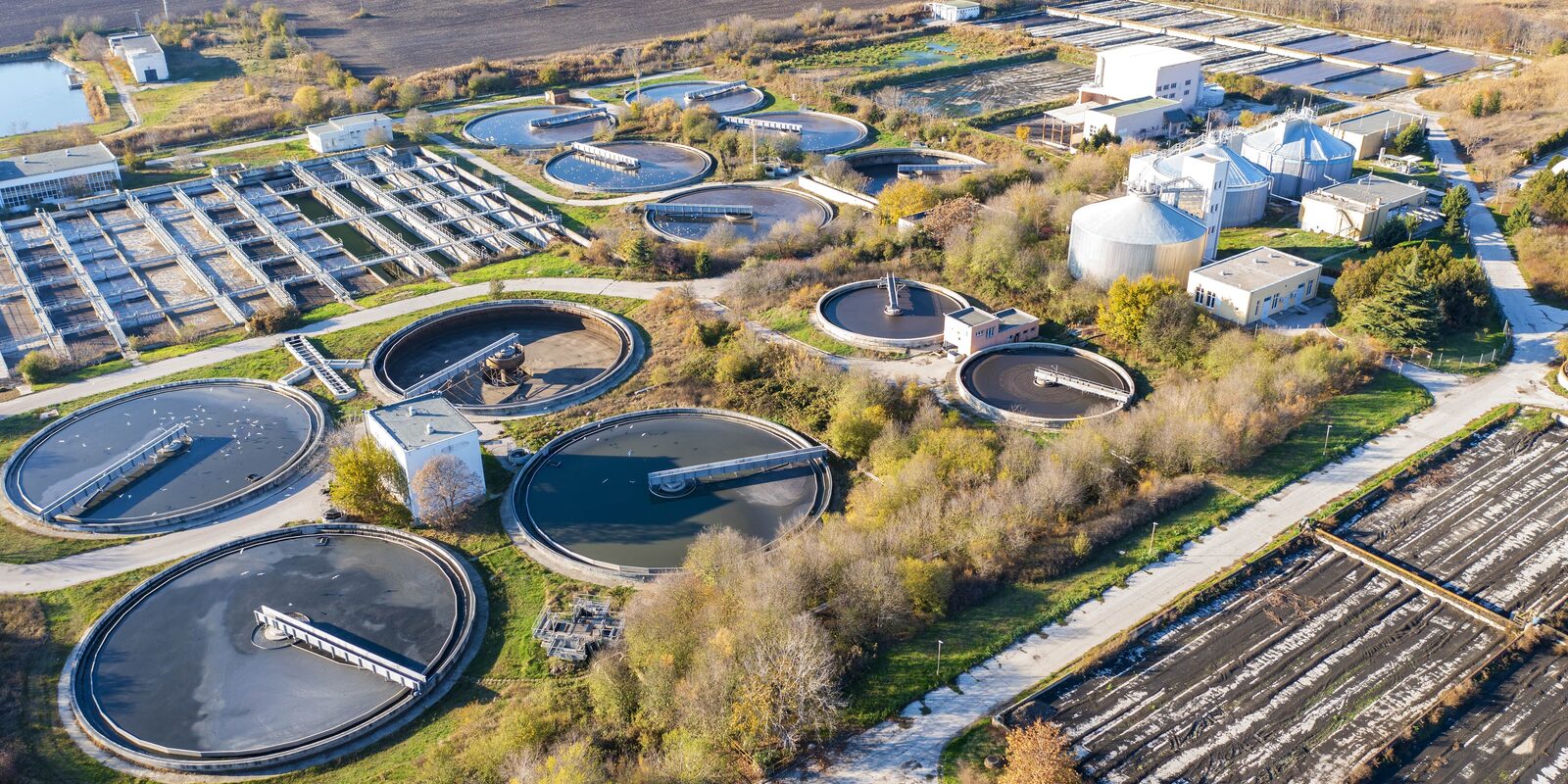

Sewage drainage is an important part of industrial infrastructure, but it can also be a major source of inefficiency and energy consumption. Pumps for sewage systems play a critical role in processing and transporting wastewater, so this article aims to show you the ways you can improve efficiency of sewage drainage systems by using pumps more effectively.
Sewage pumps are used to move wastewater from one place to another, as sewage treatment requires a selection of pumps before it becomes a viable final product.
This process involves removing unwanted pollutants to a standard acceptable to be discharged back into the natural water system, in a process known as ‘water recycling’. Hydromarque’s lineup of sewage pumps and sewage treatment pumps handle this process with ease and efficiency.
The efficiency of a sewage pump is measured by its power consumption per unit of wastewater moved, with a more efficient pump using less energy to move the same amount of wastewater.
There are a number of factors that can affect the efficiency of a sewage pump, including:
1. The type of pump
2. The size of the pump
3. The viscosity of the wastewater
4. The head pressure
5. The flow rate
There are a number of things you can do to improve the efficiency of your sewage drainage system by using pumps more effectively. These include:
1. Choosing the right pump for your needs
2. Maintaining your pumps properly
3. Optimising your pump settings
4. Using sewage bypass pumps when necessary
The first step to improving the efficiency of your sewage drainage system is to choose the right sewage pump for your needs. There are a variety of different types of sewage pumps available, each with its own strengths and weaknesses.
Some of the factors you will need to consider when choosing a sewage pump include:
1. The flow rate of the wastewater
2. The head pressure
3. The viscosity of the wastewater
4. The environment in which the pump will be used
Once you have considered these factors, you can start to narrow down your choices. It is important to consult with a qualified pump expert to ensure that you choose the right pump for your specific needs. Hydromarque is on hand for any queries you may have - simply contact us online today.
Even the most efficient sewage pump will lose efficiency over time if it is not properly maintained, so it is important to follow the manufacturer's instructions for maintenance and lubrication. You should also inspect your pumps regularly for signs of wear and tear which can degrade the performance and increase downtime needed for repairs.
Most pumps have adjustable settings that can be used to optimise their performance. For example, you can adjust the flow rate and head pressure to match the specific needs of your system.
You can also use sewage bypass pumps to reduce the load on your main pumps. Bypass pumps are used to divert some of the wastewater around the main pumps when they are not needed. This can help to extend the lifespan of your main pumps and improve their efficiency.
By following these tips, you can improve the efficiency of your sewage drainage system by using pumps more effectively. This can save you energy costs and help to protect the environment.
If you are looking for more information on how to improve the efficiency of your sewage drainage system, please contact us. We can help you choose the right pumps for your needs and ensure that they are properly maintained.
Get in touch
Get in touch with one of our technical experts today who would be happy to assist you.
© 2026 - Hydromarque. All rights reserved.